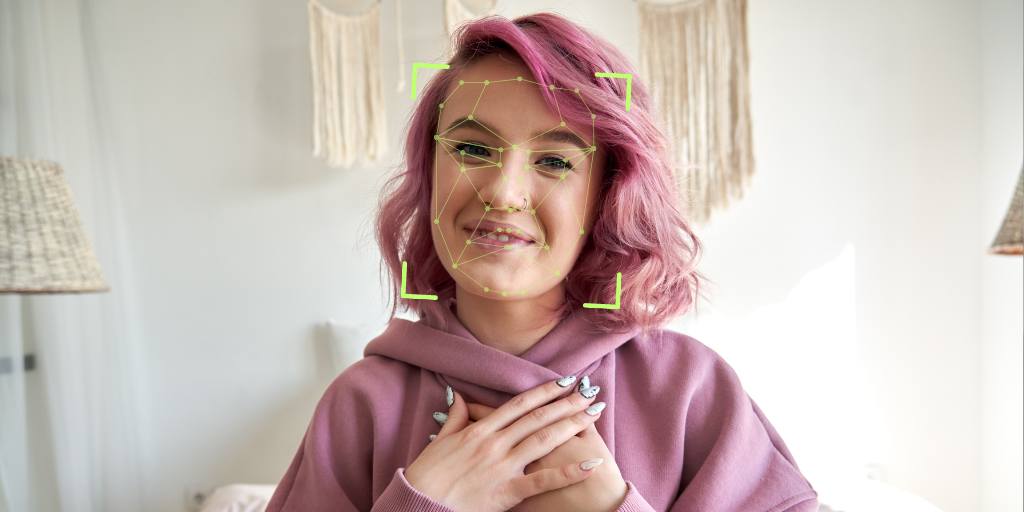
Welcome to Parent Pixels, a parenting newsletter filled with practical advice, news, and resources to support you and your kids in the digital age. This week:
🚫 More kids are contending with AI-generated explicit photos: The Center for Democracy and Technology (CDT), a nonprofit focused on digital rights and privacy, recently reported a concerning rise in intimate images being shared without consent in American schools. During the past school year, 15% of high school students heard about a sexually explicit deepfake (an AI-generated image) of someone associated with their school, and 11% of kids ages 9–17 knew a peer who used AI to generate nude images of others.
This alarming trend can ruin a child’s self esteem, social life, and well-being. It’s fueled by the widespread availability of generative AI apps, which some students may use without fully understanding the risks and consequences. According to CDT’s survey, less than 20% of high school students said their school had explained what a deepfake nude is, and a majority of parents reported that their child’s school provided no guidance about authentic or AI-generated NCII. For more information and tips on how parents can reduce the risk for their kids, check out our blog.
👀 California Governor Gavin Newsom signed SB 976, also known as the Protecting Our Kids from Social Media Addiction Act. The bill prohibits online platforms from knowingly providing an “addictive feed” to a minor without parental consent. The bill also prohibits social media platforms from sending minors notifications during school hours and late night hours. The regulations won’t go into effect until January 1, 2027, to make time for the very likely court challenges from opposition groups, such as tech lobbyists and the Meta legal team.
Parent Pixels is a biweekly newsletter filled with practical advice, news, and resources to support you and your kids in the digital age. Want this newsletter delivered to your inbox a day early? Subscribe here.
There’s an alarming trend on the rise: AI-generated explicit images circulated among high schoolers. What are deepfake nudes, and how can parents prevent it?
Looking for a new read to help you navigate parenting in the age of social media and smartphones? We’ve got you covered with this list.
When was the last time you had a really meaningful conversation with your child? Maybe you tried, but they clammed up or just repeated a series of “I don’t know”s and noncommittal grunts. Here are some conversation-starters to have better chats with your child, based on advice from psychotherapist Anna Marcolin, LCSW. Remember, approach the conversation with curiosity — not judgment.
🦄 Fortnite now allows parents to set time limits for their kids. If you’re curious about other Fortnite parental controls, we’ve got you covered on the BrightCanary blog.
😮💨 Women tend to do more of the day-to-day online work for the family, such as ordering essentials online, managing digital communications with schools and doctors, and planning events with other parents — all of which contribute to digital overload and even burnout, BBC reports.
🫶 How do you raise a well-adjusted adult? That’s the million-dollar question. Dr. Cara Goodwin of Parenting Translator breaks down the factors supported by research: a warm and loving parent-child relationship, and encouraging kids to take control of their thoughts and feelings.
💁 Preventing online addiction in kids requires a multi-pronged approach: teach kids about digital literacy, set rules and limits on devices, promote offline activities, and use digital monitoring tools alongside regular communication. Read more tips over at Psychology Today.